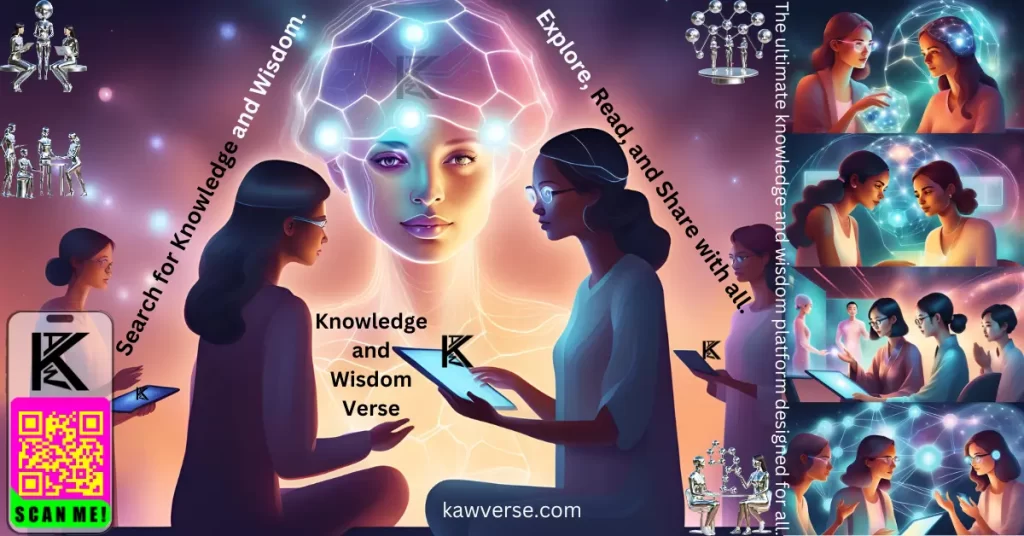The IELTS Reading test is a critical component of the International English Language Testing System (IELTS), assessing a candidate’s ability to comprehend and interpret written English. Whether you are preparing for the Academic or General Training module, mastering the art of IELTS Reading is essential for success. This article will serve as your guide, providing insights, strategies, and tips to help you navigate the path to reading proficiency and excel in this challenging section of the IELTS exam.
Understanding the IELTS Reading Test
1. Test Format
The IELTS Reading test comprises three sections, each escalating in complexity. Candidates are presented with a variety of text types, including articles, advertisements, notices, and more. The three sections are as follows:
- Section 1: General Reading (Skimming and Scanning)
- Extracting information from everyday materials, such as newspapers or magazines.
- Section 2: Focused Reading (Understanding Detail)
- Comprehending information from more detailed, longer texts.
- Section 3: Academic Reading (Understanding Main Ideas and Themes)
- Evaluating complex texts from academic sources with an emphasis on extracting main ideas and themes.
2. Question Types
The test incorporates various question types, including multiple-choice, matching headings, sentence completion, and True/False/Not Given or Yes/No/Not Given. Familiarizing yourself with these question formats is crucial for effective preparation.
Tips for Success in IELTS Reading
1. Develop Skimming and Scanning Skills
Skimming involves quickly glancing over a text to identify its main ideas, while scanning entails rapidly searching for specific details. These skills are essential for efficient time management.
2. Practice Regularly with Diverse Texts
Expose yourself to a wide range of text genres, including academic articles, news reports, and opinion pieces. This diversification enhances your adaptability and prepares you for the varied text types in the IELTS Reading test.
3. Focus on Vocabulary Building
A robust vocabulary is crucial for understanding texts. Actively work on expanding your word bank, paying attention to synonyms, antonyms, and contextual meanings to navigate the intricacies of diverse passages.
4. Time Management is Key
Each section of the IELTS Reading test is time-bound. Practice managing your time effectively during mock tests to ensure you can complete all questions within the allocated time.
5. Identify Keywords in Questions
Carefully analyze the questions before delving into the passage. Identify keywords that will guide you to the relevant information in the text.
Tailoring Your Preparation
1. Simulate Exam Conditions
Recreate exam conditions during practice sessions. Use official IELTS practice materials and time yourself. This not only familiarizes you with the format but also helps you adapt to the time constraints of the actual test.
2. Review Incorrect Answers
After each practice session, thoroughly review any incorrect answers. Understand the rationale behind the correct responses and identify areas for improvement.
Conclusion
Mastering the IELTS Reading test is not solely about linguistic proficiency but also about adopting strategic approaches to comprehend and analyze written English in various contexts. By incorporating skimming and scanning techniques, expanding your vocabulary, and practicing regularly with diverse texts, you can approach the IELTS Reading test with confidence and achieve success.
Remember, the key is not just to read but to read strategically. With consistent practice, exposure to various text types, and a focused approach to improvement, you can navigate the IELTS Reading test with confidence, ultimately leading to success in this crucial section of the exam. Happy reading!


Leave a Reply
You must be logged in to post a comment.